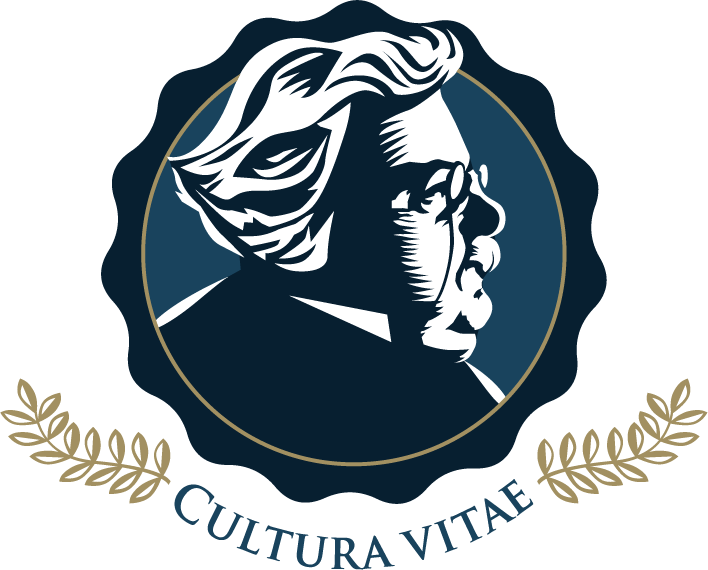How's Your Relationship with Nature?
Long before he was our Headmaster, Luke Murray invited me to his discussion of Benjamin Wiker’s book In Defense of Nature. I’ve since recommended it heartily. Maybe we can get him to lead another discussion of it among the ‘friends of the Academy’!
Wiker does a great job of placing polarized, knee-jerk, talking point positions in the same space - refusing to be drawn into the poles. As a Catholic should, he looks for the via media - not a compromise, but a higher place where the tension between irreconcilables is resolved. His book is challenging, because it invites us to do the same as we develop our thoughts about the place of the human being in the natural order. Though few non-Christians will likely read it, he invites them to consider the impact of the moral order upon the created world.
That place, beginning with the fact that the Creator made us in His image, is primarily a moral one. Man does not exist as an agent of change, a higher animal, an evolving god, or a merely technological force. Man is in the world for a purpose: to recall all of Creation, including his fellow man, to God, fulfilled. This is a task not for a giant corporation or government, but for the many individual decision makers ‘on the ground,’ living life at some remove from the effects of their decisions upon the natural world. We need books like this to help us contend with those effects we cannot experience directly.
Those effects are profound. Wiker indicates a daunting way forward from our complete disconnectedness from nature to our responsive, responsible stewardship. The way is daunting because we’ve done so much damage as sinful human beings living out the destruction of greed, lust, violence, intemperance, ignorance and power hunger. Yes, it is hard even to face the myriad man-produced wounds to the world, but No, it is not impossible to find answers and pathways forward.
I know I need to re-read this. I got off easy in the first discussion, because it was not meant to lead to action. I need to read it with Catholics who will stop and help me wrestle with the implications of the facts and the tensions they create with my comfort, habit, preconceptions and laziness. Our freedom needs opportunities for practice, and defending nature would be a great one!
A related book that I’ve often recommended is Richard Louv’s Last Child in the Woods. He describes the growing experience of ‘nature deficit disorder’ that affects all of us adversely. Chief among the costs of spending no time in the natural world is the negative impact this has on our children. Stunting their intellectual growth is only part of the damage done. Sadly, a child is likely to be offered ‘nature therapy’ only when finally classified as a juvenile delinquent. We can do better. Louv, while not mentioning a Great Physician who created the great ‘medicine’ all around us, gives a lot of food for thought about our correspondence with the design of nature.

